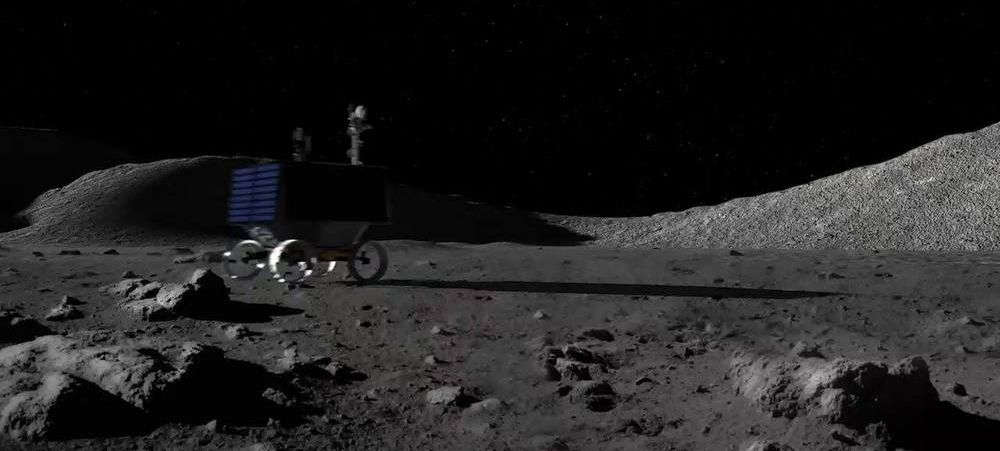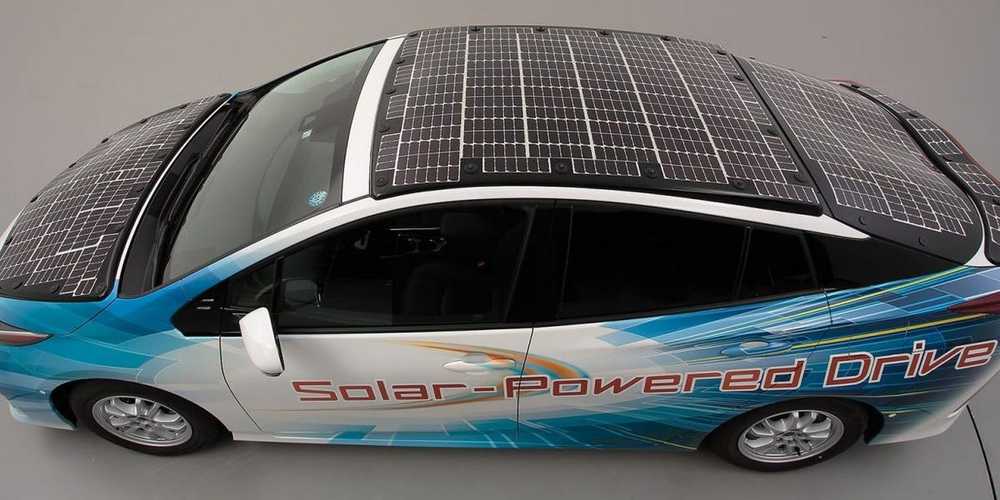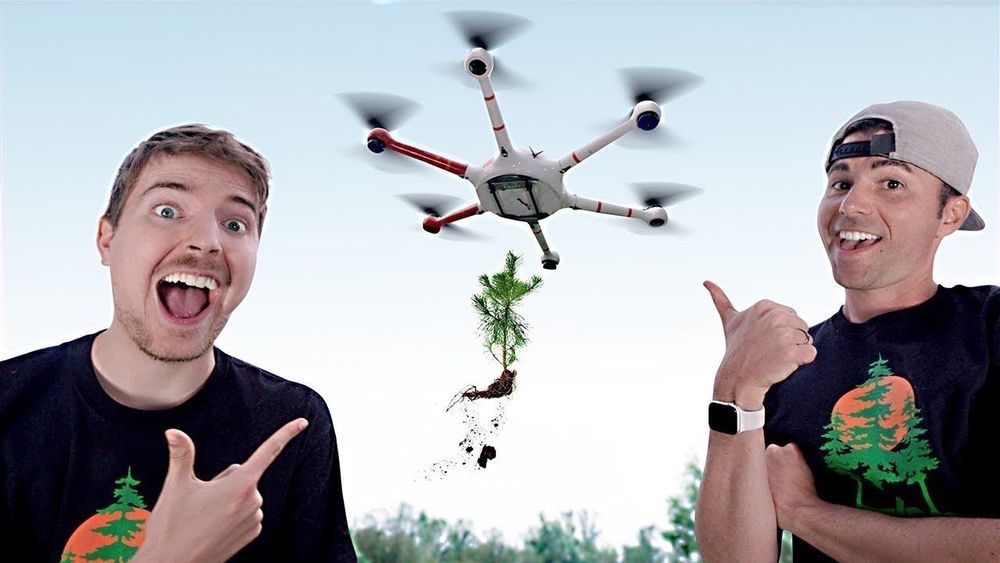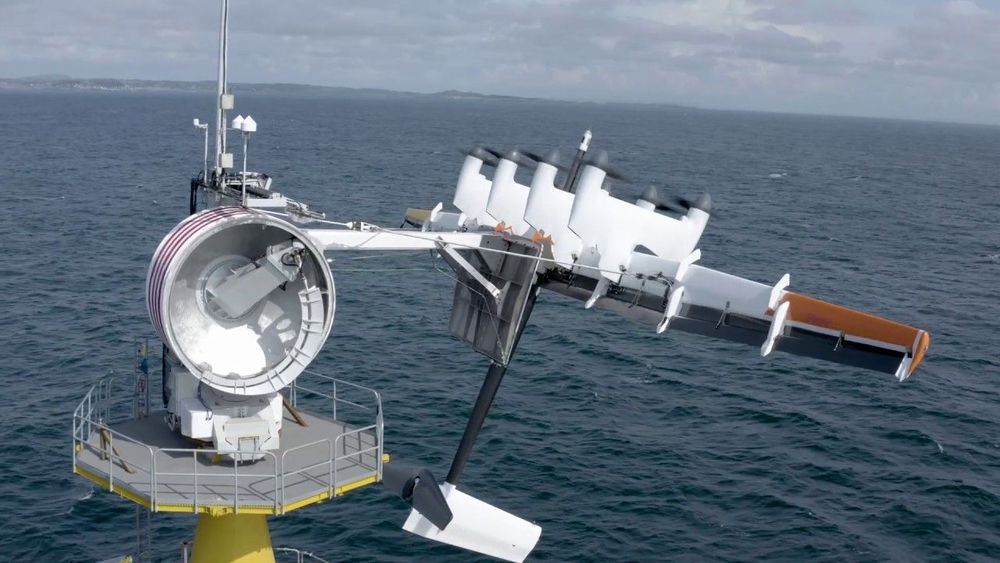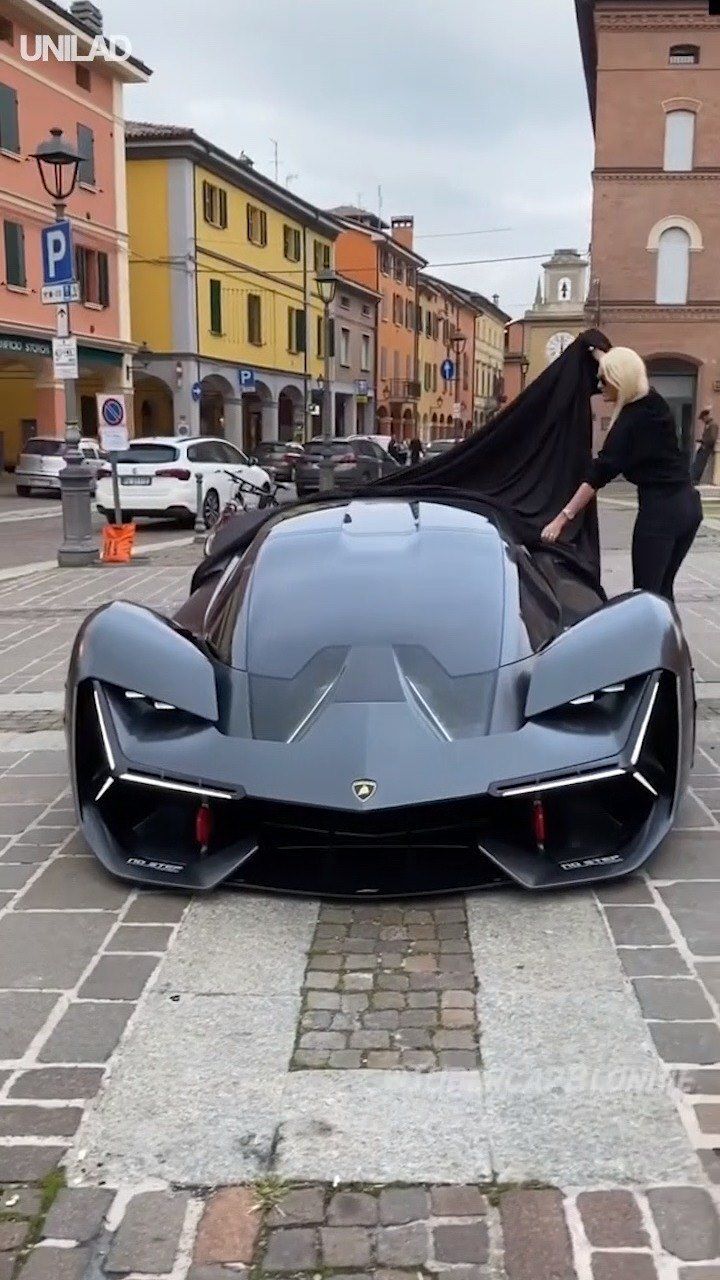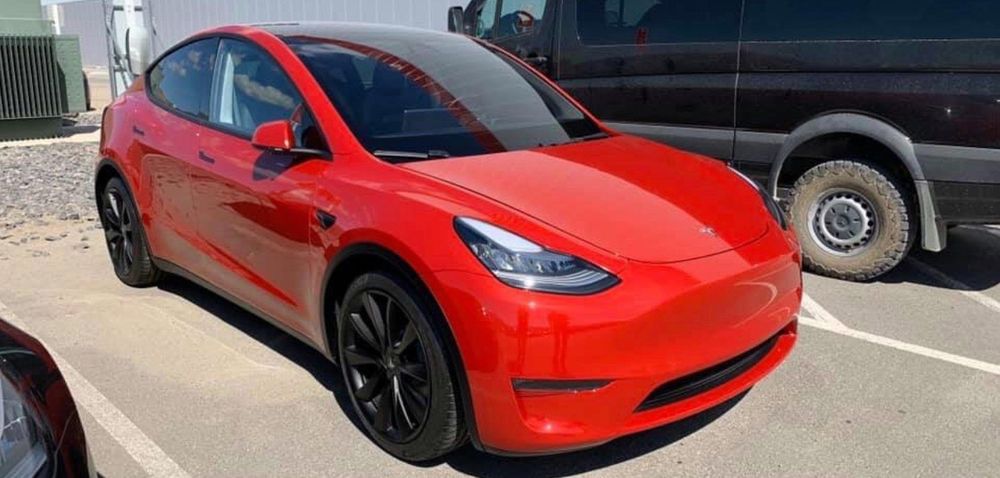Oct 27, 2019
Israeli Technology Converts Air Into Water for Residents in Northern Colombia
Posted by Omuterema Akhahenda in categories: innovation, sustainability
Residents of El Talento, a small town in Colombia adjacent to the city of Cúcuta, have been introduced to the GEN-M, Watergen’s medium-scale atmospheric generator that produces water out of air, October 2019. Photo: Courtesy.
JNS.org – Residents of El Talento, a small town in Colombia adjacent to the city of Cúcuta, have been introduced to the GEN-M, Watergen’s medium-scale atmospheric generator (AWG) that produces water out of air.
The machine, a technological innovation of the Israel-based company, arrived in Cúcuta at the beginning of October thanks to Andrés Suárez, pastor of the Christian Center and general manager of the alliance project with the State of Israel in Colombia.

